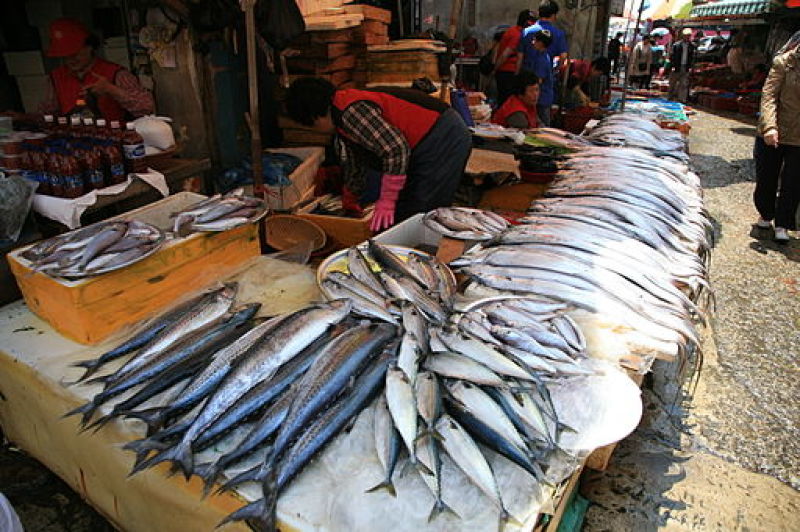
A new study has revealed that about 25 percent of the fish sold in markets in California and Indonesia are contaminated with plastic and fibrous materials.
According to the team that conducted the research, these materials end up in oceans and other bodies of water due to poor waste management, Pulse Headlines reported.
The researchers from the University of California Davis and Indonesia's Hasanuddin University noted that there have already been previous reports about garbage and other materials being consumed by marine animals.
However, their research is the first study that investigates the presence of these items inside fish sold in public markets.
By studying samples collected from a total of 140 markets in California and Indonesia, they were able to determine that a quarter of the fish from these areas contained plastic and fibers. According to their findings, the fish from California's markets mainly contained fibers from clothes while those from Indonesia had plastic debris inside them.
The researchers noted that the chances of humans consuming these items from the fish are small since they will have to eat the entire animal before that happens.
However, the issue still raises health concerns because the chemical from plastic and fibrous materials can still contaminate the fish through digestion.
The researchers emphasized that proper waste management techniques will be able to solve this issue.
"We think the type of debris in the fish is driven by differences in local waste management," Chelsea Rochman, lead author of the study said in a statement according to UC Davis News.
"To mitigate the issue in each location, it helps to think about local sources and difference in waste management strategies," she added.
For California and the entire U.S., efficient filtration methods will probably prevent fibers washed away from washing machines from ending up in oceans.
In Indonesia, on the other hand, its local government must enact stricter recycling laws to minimize the amount of plastic debris in aquatic habitats. The researchers noted that preventive actions will greatly help protect the country's rich marine habitats.
"Indonesia has some of the highest marine life richness and biodiversity on Earth, and its coastal regions - mangroves, coral reefs and their beaches - are just awash in debris," co-author Susan Williams said. "You have the best and the worst situation right in front of you in Indonesia."
The researchers' study was published in the journal Scientific Reports on September 24.


















